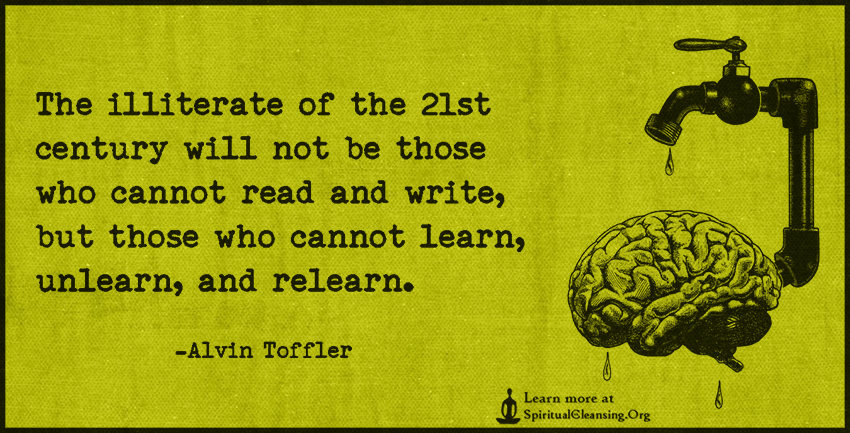When the former Opposition Leader of the Western House of Assembly, Alhaji Adegoke Adelabu, died on March 26, 1958, the “Daily Service” newspaper of Friday, March 28, 1958 on page 5 published an extract from his book, “Africa in Ebullition” under the headline, “My life as I live it”. This piece owes its name to that source.
Besides, the death of Alhaji Abdul Azeez Arisekola Alao in London two days ago is a reminder of the philosophy of the peculiar Adelabu, as documented in the above-given source: “…the world would be much better and happier if we would only dare to be ourselves completely instead of other unknown and misunderstood mythical heroes”.
One notable thing about the late Aare Musulumi of Yorubaland and Deputy President-General of the Nigerian Supreme Council for Islamic Affairs (NSCIA) is that he dared to be himself completely, dedicated himself to the cause of religion and humanity and died as one of the most notable heroes Nigeria has ever produced. His death has thus left a big vacuum that will be very difficult to fill.
A foremost philanthropist, Chief Arisekola has left indelible imprints on the hearts of millions of Nigerians whose lives he positively impacted upon. It was an attestation to his stature as a citizen and a-man-in-a-million that the Oyo State Government declared a seven-day mourning period for the late business mogul and respected community leader.
Born on February 14, 1945 to his peasant parents, Alhaji Abdur Raheem Olatunbosun Alao and Alhaja Rabiatu Olatutu Alao, the late multi-billionaire started his Islamic education at the age of three years before he attended St. Lukes Schoool, Adigun, Ibadan and ICC Primary School, Igosun, Ibadan. Though he was the third best candidate for Lagelu Grammar School, he could not complete his secondary education due to the low economic status of his parents.
Since he could not proceed in his formal education, he joined his uncle as an apprentice at Gbagi Market, Ibadan, in 1960. By sheer business doggedness and entrepreneurial savviness, he started to sell Gammalin 20 in 1961 when he established his Azeez Arisekola Trading Company. He later attained tremendous success and ventured into auto sales, flour mills, oil marketing, etc. through his Lister conglomerate.
Realising that poverty could not make him complete his formal education, the late philanthropist devoted himself to giving thousands of students the opportunity he did not have. To achieve the purpose, he established Pa Raheem Alao Scholarship Foundation through which beneficiaries received financial support every month, semester or year as the case might be.
He also co-founded Barakat International School, Bodija, Ibadan, which provides affordable education while he contributed several millions of naina in endowments, donations and gifts to several Nigerian tertiary institutions. He was also known for contributing substantially to the heath sector, sports clubs and Islamic cause.
The platform of “The Monitor” newspaper that he established changed the lives of many people. One of them, a UK-based Nigerian journalist and blogger, the prolific Mr Dare Lasisi, noted that it was his articles in the newspaper that earned him the Commonwealth Internship Award in Journalism through which his destiny was altered for good since then.
Due to the exemplary way he lived his life, giving succor to the needy, giving hope to the hopeless, making several people attain their dreams, and being a pillar to Islam, he was conferred with the title of the Aare (President) Musulumi of Yorubaland by the League of Imams and Alfas in 1980, decorated Commander of the Order of Niger (CON) in 2008 and pronounced the Deputy President-General of the Nigerian Supreme Council for Islamic Affairs just last year.
The late Chief Arisekola lived an eventful life through which he served humanity, developed his community and contributed immensely to the lives of millions of people. He was the epitome of generosity, symbol of philanthropy and paragon of kindness. That is why his death rattled all Nigerians as the masses and the downtrodden, just like the rich and the powerful, appreciate that an oak in our forest has fallen.
The boxing legend, Muhammad Ali, once said, “Service to others is the rent you pay for your room here on earth”. One man that paid that rent in full was the late Alhaji Arisekola Alao as he lived his life to serve his Creator and His creation. The life he lived is a lesson for all that we can be the best we can in all we do. His death is also a wake-up call to the rich ones among us that their wealth would not follow them to their graves.
May Allah overlook his shortcomings, forgive his sins and admit him to Aljannah Firdaws!
FOUR FACTORS FOR FAYEMI
Tomorrow, the people of Ekiti State will go to the polls to elect their Governor and the tension is already at fever pitch. Though there are other contenders, the Ekiti battle is a straight fight between the incumbent Governor Kayode Fayemi of the All Progressives Congress (APC) and the intrepid Mr Ayodele Fayose of the Peoples Democratic Party (PDP).
Other things being equal and regardless of party affiliation, four factors are likely to favour candidate Fayemi, a man who has proved himself as a shrewd manager of men and resources. However, in our politics of the belly, things are never equal and party affiliation, with access to resources and the use of force, is a game-changer.
First of Fayemi’s four favourable factors is his education. The Ekiti are acclaimed to be the most educated people in Nigeria. The legend holds that every household has a doctorate degree holder. Fayemi, therefore, is more befitting as Governor than his contender because he represents the image of Ekiti better anywhere in the world.
The second factor is his tangible achievements. Those who follow events observe that Fayemi has made a good use of his first term through several people-oriented projects which are in public domain. It is conventional wisdom that one good “term” deserves another.
The third factor is attitude. Fayemi is striking as a person with liberal education committed to social justice. It is often amazing to imagine how scarve-wearing female children can cause harm to anyone. At a time when the use of hijab in schools for willing pupils is made to look like climbing Kilimanjaro, Fayemi approved it in Ekiti State proving his mettle as a balanced mind.
The fourth factor is actually an aggregation of the previous and other factors: perception. In a world where image is everything, the pre-election opinion polls already put Fayemi ahead. He is urbane, polished, suave and intelligent.
Ultimately, what is most important is for the elections to be free, fair and violence-free. Under that peaceful circumstance, the better of the candidates, in the reckoning of the electorate, will carry the day!
Re: Two days, two deaths, too much
Your headline in today’s Daily Newswatch is the best I have seen so far since the debut of the newspaper. Bravo! Keep it up. With regards from Nsikak, 08033408525.






Leave a Reply